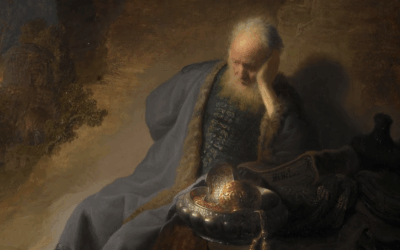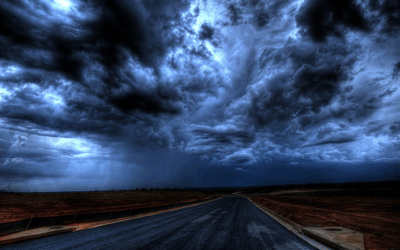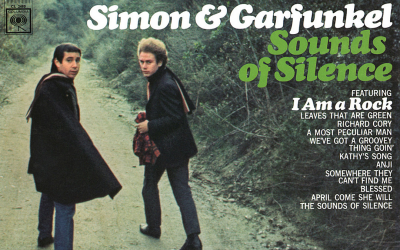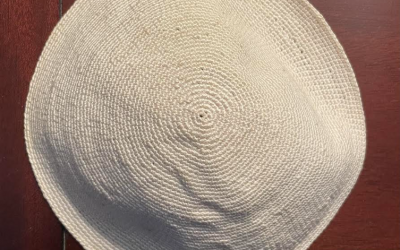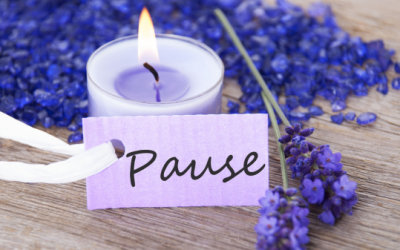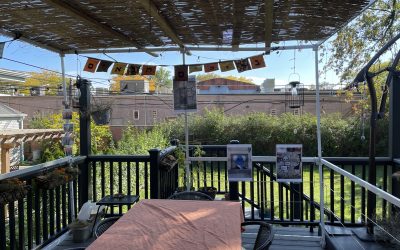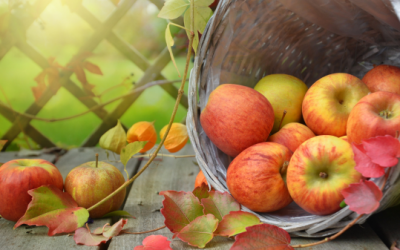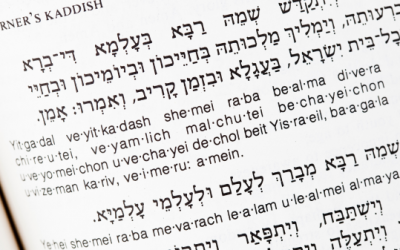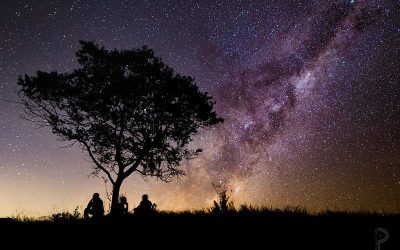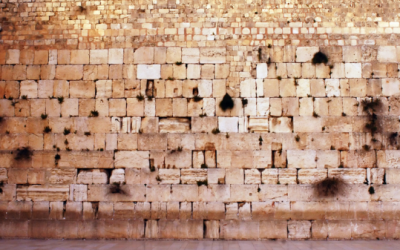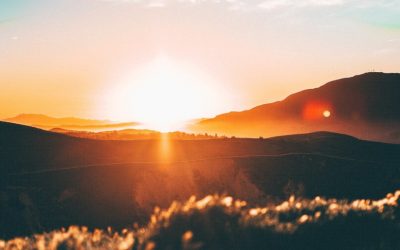Devarim and Tisha b’Av 5785: Language in Exile
If you’re a full-fledged grownup in a relationship with a younger member of GenZ (born mid-1990s to early 2010s) or GenAlpha (born since then), you may find yourself, like me, sometimes at a loss when it comes to language. Some of this is normal generational churn: words like “rizz” and “sus,” phrases like “no cap,” are just as foreign to me as the incessant interjection of “like,” or the casual use of “awesome” that characterized my childhood, were to my parents. (I have regular conversations with my kids about the correct linguistic deployment of “low key.” Alas, I fear I’m a hopeless case.) But some of the intergenerational language barrier feels like it’s bigger than the normal way the...
Matot-Masei 5785: Sleepless Nights
If you're a regular reader of these Friday reflections, you have probably noticed that, like a Law & Order episode, they follow a pretty predictable form: I start with an engaging personal story, pivot to a lesson drawn from the week's Torah portion, and then bring it home with a message about how Jewish spiritual practice can help us lead a more meaningful life. This week I feel a need to write differently. Even as I reach for the right story, I can't find it, other than to tell you that I've found myself waking in the middle of the night thinking a lot about Israelis, Gazans, and Jews. Now I'm not here to offer political commentary or analysis. Much as it's tempting, that's neither...
Chayei Sarah: Into the Multiverse
My oldest son, Jonah, was the first to introduce me to the contemporary idea of the "multiverse." While the concept, and even the term, have been around for centuries (Wikipedia tells me William James used it in 1895), the notion has gained particular traction in today's media. The TV show "Rick and Morty," which Jonah loves, is built on the idea of "infinite timelines,...
Mindfulness: The Foundation for Peacemaking (Vayera 5784)
Twenty-five years ago, right out of college, I lived in Jerusalem for a year. While I grew up with a very strong Jewish identity, I didn't receive the kind of Jewish education that would allow me to study Talmud in the original Hebrew/Aramaic or to walk into a beit midrash and know what all the books on the shelf were, much less how to open them up and study from them. In...
The Sound of Silence: Lekh-Lekha 5784
When I was little, I remember I would usually wake up and come out to the kitchen to find my mother sitting there with her coffee, reading a book or the newspaper. She would often have a notebook beside her, and whatever she was reading was marked up with sticky notes. In later years, the books and sticky notes weren't there as much, and I would find her with just the...
Why I Went to Wadea’s Funeral: Noah 5784
On Monday morning a headline crossed my newsfeed: A six-year old boy in suburban Chicago had been brutally stabbed to death by his family's landlord. His mother was severely injured while trying to protect him. The story was tragic. What made it even more significant was that the boy, Wadea Al-Fayoume, was, like his mother, from the Palestinian community. While the...
Mindfulness as a Conflict Resolution Resource
Written by Rebecca Schisler in 2021, edited and adapted 10/2023The Mishnah, the core text of the Talmud, relays a concept called “mahloket l’shem shamayim” – conflict ‘for the sake of heaven.’ The ancient rabbis valued an approach to engaging in difficult discourse which has the potential to preserve and even deepen or strengthen relationships, rather than harm them.The critical role...
Bereshit 5784: Band of Brothers
If there's one constant to my life, it's siblinghood. From the moment I was born, I have been the youngest of three brothers. Since my second child was born, I have been the father of siblings (pictured above on a family picnic when they were little). When my brothers and I got married, I learned what it meant to have sisters.But my experience of siblinghood didn't come...
A Special Message from IJS
Dear friends, Like so many others, I awoke this past Shabbat morning to the heart-rending news from Israel. And like so many others, as the hours and days have unfolded, I have struggled to contain all the emotions: fear, grief, anger, confusion, gratitude for those who are keeping others safe and bringing healing to those in need. As I danced with my community on Simchat...
Shemini Atzeret 5784: Being There
Like many people, I grew up with a beautiful Yom Kippur break-fast. Immediately after the end of services, my family would drive over to our family friends, the Rubinfelds. Rivka, the matriarch, always had out a delicious spread of bagels and lox and whitefish and rugelach. I remember the acidic sting of orange juice in my parched mouth, and the sensation of it landing at...
Sukkot 5784: The Embrace of the Sukkah
One of the many emotional moments of my year of mourning for my father came when I was building our sukkah. Sukkah-building is often a family affair, because it's so hard to do alone and it's something kids generally love to do. That was true for me growing up, and it has been true with my own children. While so many other Jewish rituals involve putting away and cleaning...
Haazinu 5784: Let It Go
Earlier this year, my youngest son, Toby, and I watched The Lord of the Rings trilogy together. He is a fantasy genre lover, and, true to form, fell in love with the story of Frodo Baggins's long journey to Mount Doom, his struggle to carry the Ring of Power along the way, and his mission to throw the ring into the lava inside the mountain and destroy the ring once and for...
Crunch Time in Chelm: A Neo-Hasidic Tale and Mindfulness Practice for the New Year (as told by Rabbi Marc Margolius)
[These events are true — or they could be. They took place in the town of Chelm, whose residents famously claimed that they themselves were not fools -- it’s just that foolish things always happened to them.] It was crunch time in Chelm. Or at least, it was supposed to be. Rosh Hashanah was scheduled to arrive early that fall, and the townspeople feared: what if the new crop of...
On the Daily Sit Kaddish and the Persistent Sound of Jewish Community
Every weekday, the Institute for Jewish Spirituality brings together a hundreds-strong community for half an hour of Jewish meditation on Zoom, called the Daily Sit. This summer, as an intern at IJS, I held the tech space for these Daily Sits. Each Daily Sit offers many powerful teachings, but the practice that has most stayed in my heart is the Mourner’s Kaddish prayer, which marks...
Rosh Hashanah 5784: Homeward Bound
Dear friends,My Elul practices for the last decade or so have included listening to an album recorded by the poet David Whyte called Solace: The Art of Asking the Beautiful Question (also available here on iTunes). I generally listen to 10 or 15 minutes at a time as I walk the dog in the morning after I drop off my youngest son at the bus. Listening to Whyte's beautiful...
Return to the Land of Your Soul: Nitzavim-Vayelekh 5783
I recently went on a wonderful five-day silent meditation retreat in the Pacific Northwest. On the final morning, I found myself with about 45 minutes of unscheduled time. It was after breakfast and before our final session, and the light drizzle that had sprinkled the landscape had given way to a patchy sunshine. As I discerned where my feet would take me, I found myself...
Gently Welcoming Ourselves as We Are
As we enter the month of Elul, we are invited to enter into a practice of cheshbon hanefesh, soul accounting. As we engage in this practice and reflect on the past year, we ask ourselves - Are our actions in alignment with our intentions? Are we awake to our lives?Cheshbon hanefesh is part of a broader practice of teshuva, a returning to our essential nature, to who we really are....
Looking with the Eyes of Our Hearts
The first word of the Torah portion we read as Elul begins is “Look!”--”Re’eh!” Look, really see, that before you today, this day, is a blessing and a curse. Choose life!, we are told in this parasha (Torah portion). It is right here before you, in the life you are living now.The core practice this month is to practice looking with the eyes of our hearts at what is before us and...
When the Walls Crumble: A Teaching and Practice for Tisha B’Av
Tisha B’Av is a day when we turn courageously to face the truth of the fragility, unpredictability, and groundlessness of our lives. You might wonder, then, what is required of us on this day? We invite you to dedicate a couple of moments to practice as we face the truth of impermanence, and discover an inner refuge that can help us to remain loving, calm, open hearted, and...
Practice: Holding our Broken Hearts with Love
As we enter the month of Av this week, our spiritual task in this period is to grow in awareness of the brokenness in ourselves, our people, and our world – to allow the walls of our own hearts to crack open, allowing ourselves to become vulnerable to pain.The Hasidic master Rabbi Nachman of Bratzlov contended that rather than avoiding or shutting out that which is painful, we must...

